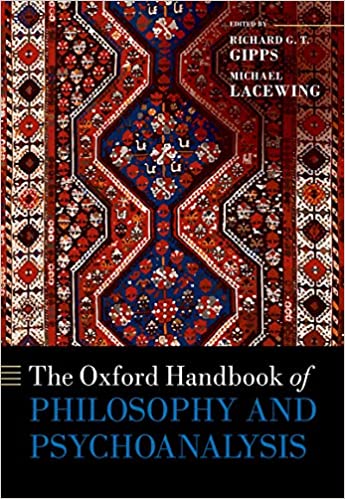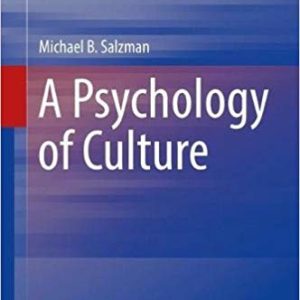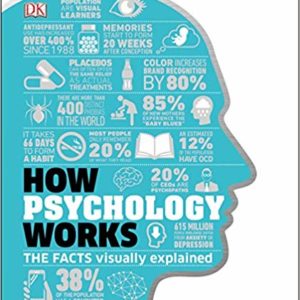Psychoanalysis is often associated with Sigmund Freud, but this comparison ignores the wide range of clinical practices, observational methods, general theories, and cross-pollinations with other disciplines that characterize contemporary psychoanalytic work. Central psychoanalytic concepts to do with unconscious motivation, primitive forms of thought, defence mechanisms, and transference form a backbone of today’s richly textured contemporary clinical psychological practice.
In this landmark collection on and psychoanalysis and philosophy, leading researchers provide an evaluative overview of current thinking. Written at the interface between these two disciplines, The Oxford Handbook of Philosophy and Psychoanalysis, (PDF) contains original contributions that will shape the future of debate. With 34 chapters divided into eight sections covering history, clinical theory, aesthetics, phenomenology, science, religion, ethics, political and social theory, this Oxford Handbook displays the enduring depth, breadth, and promise of blending philosophical and psychoanalytic thought.
Anyone interested in the philosophical implications of psychoanalysis, along with philosophical challenges to and re-statements of psychoanalysis, will want to consult this ebook. It will be an essential resource for academic researchers, psychoanalysts and other mental health professionals, trainees and graduates.
NOTE: The product includes the ebook, The Oxford Handbook of Philosophy and Psychoanalysis in PDF. No access codes are included.






Reviews
There are no reviews yet.